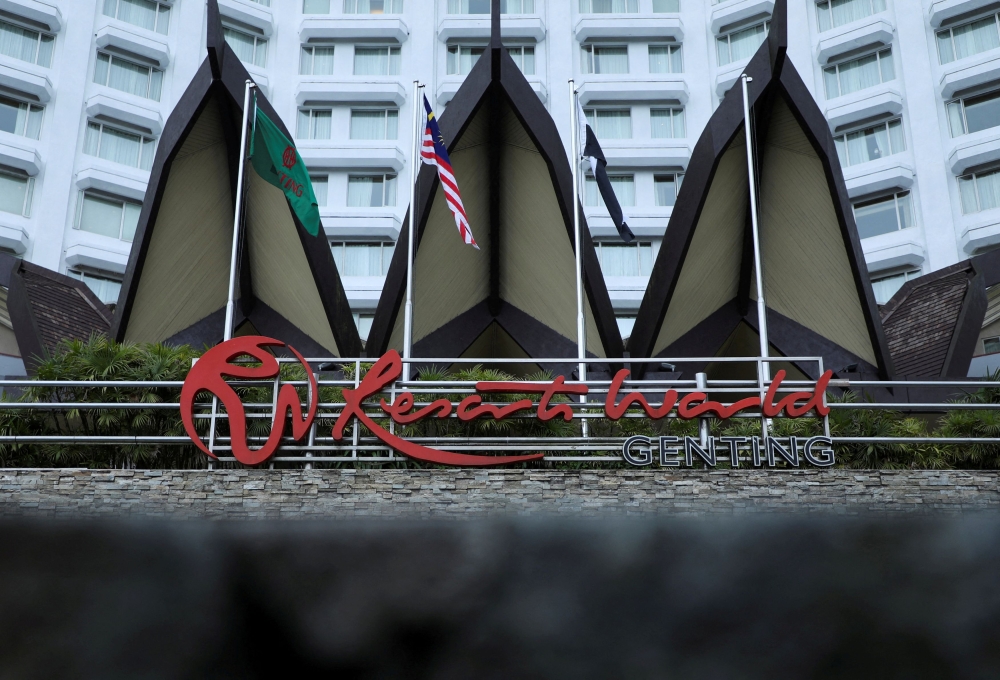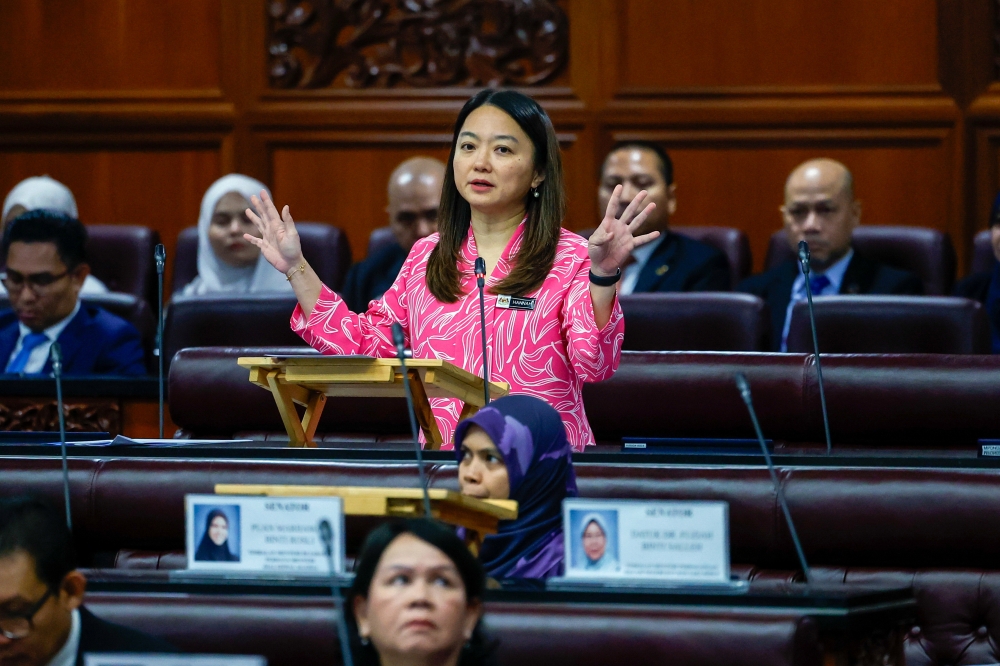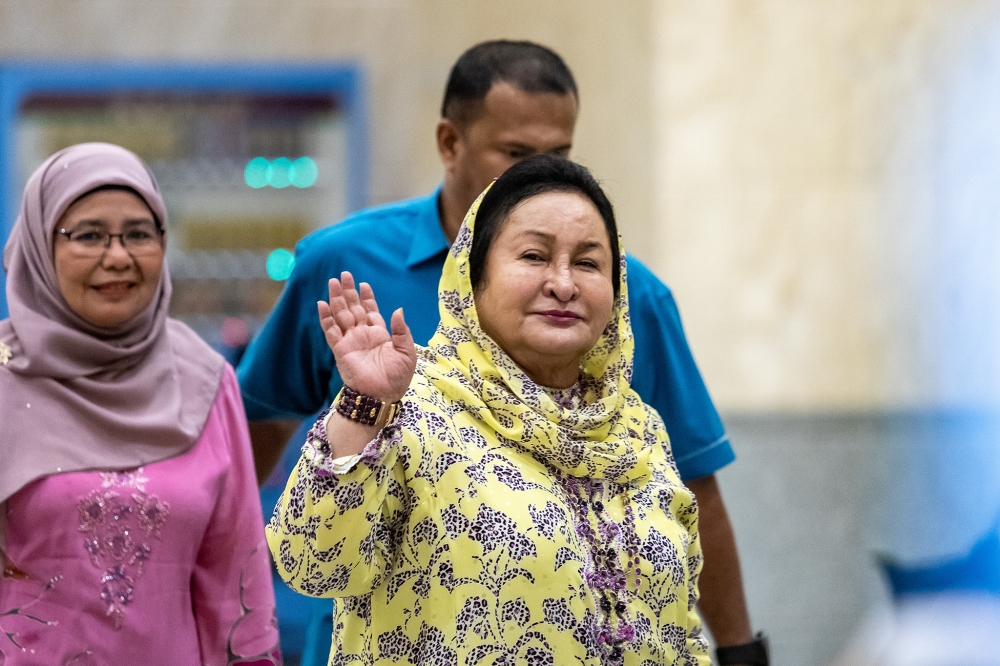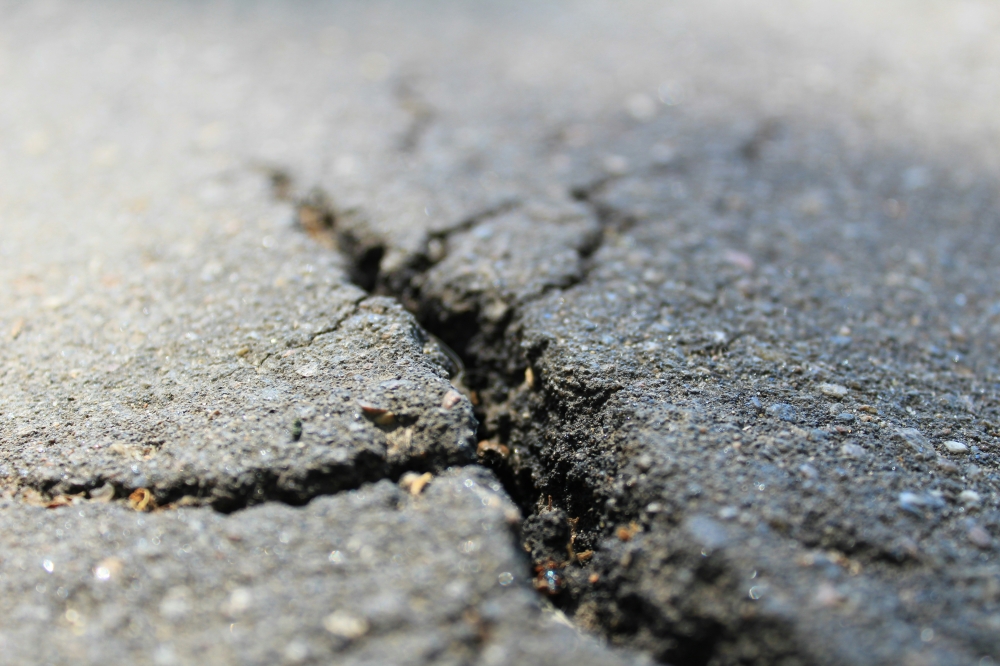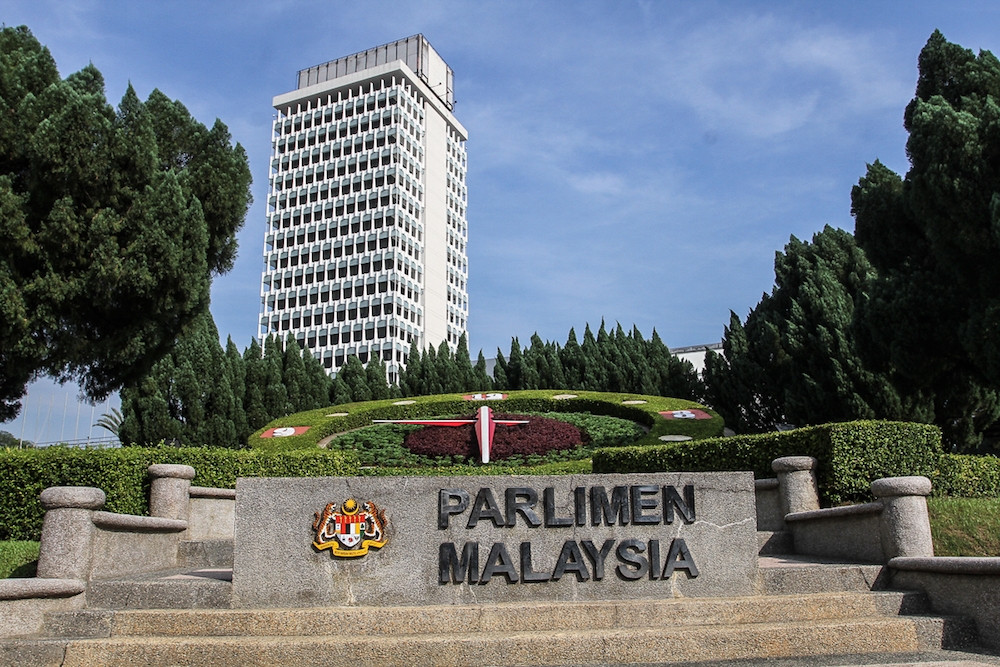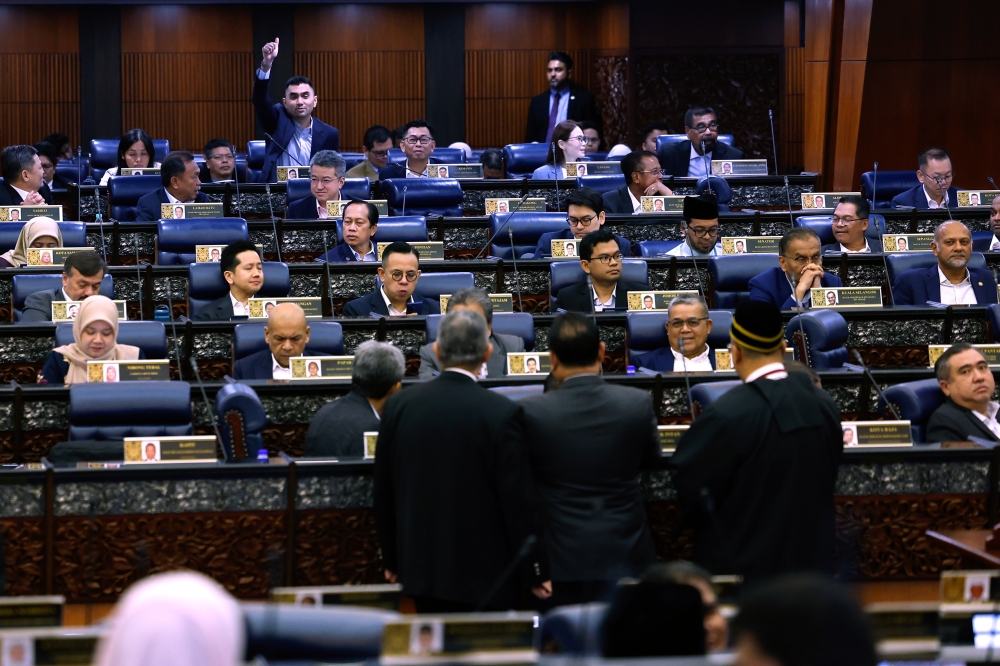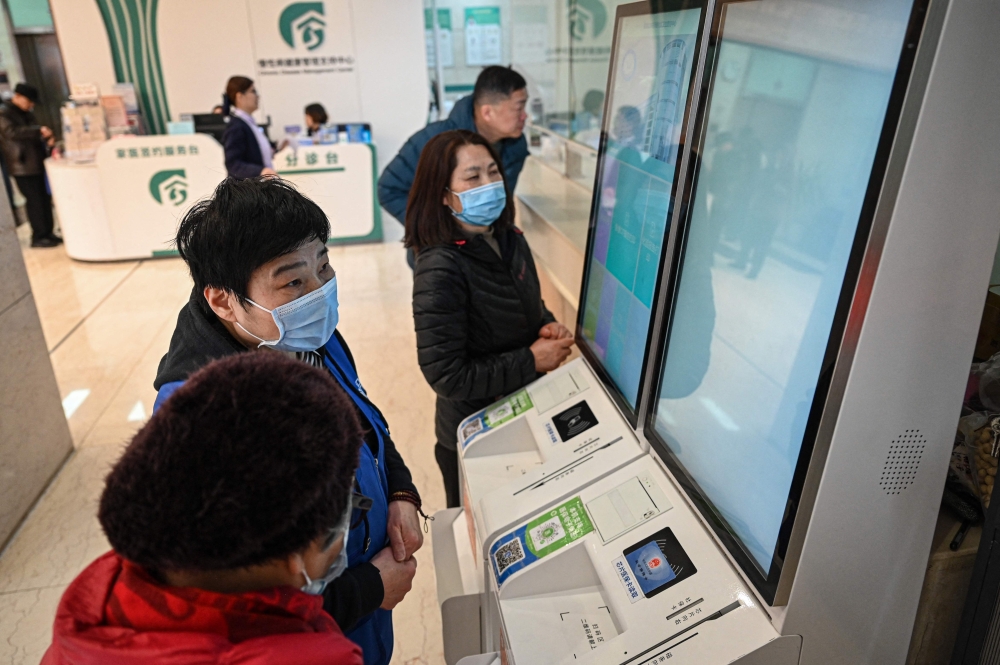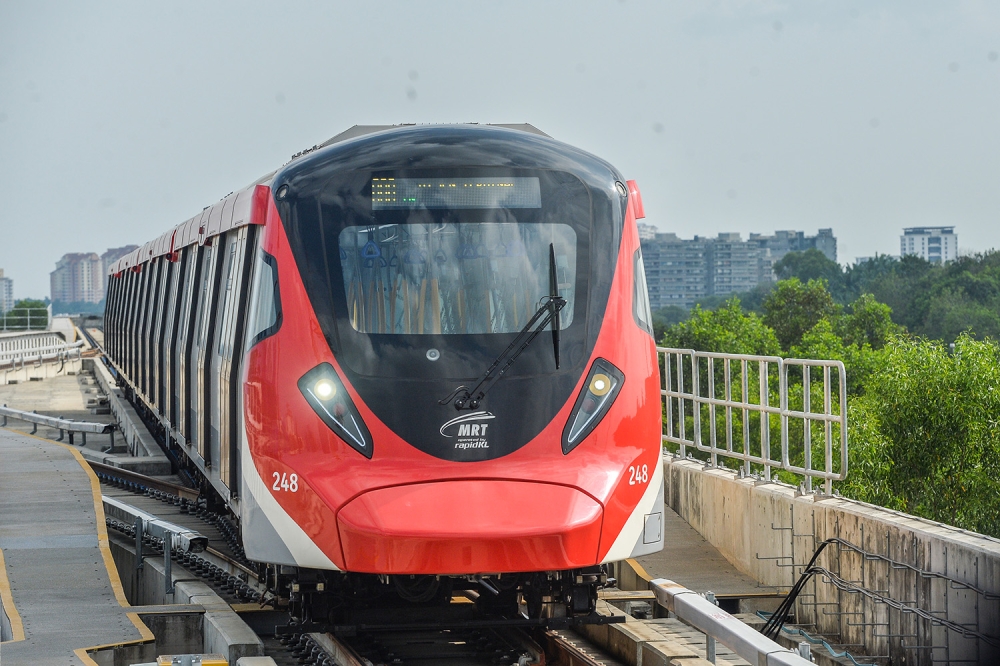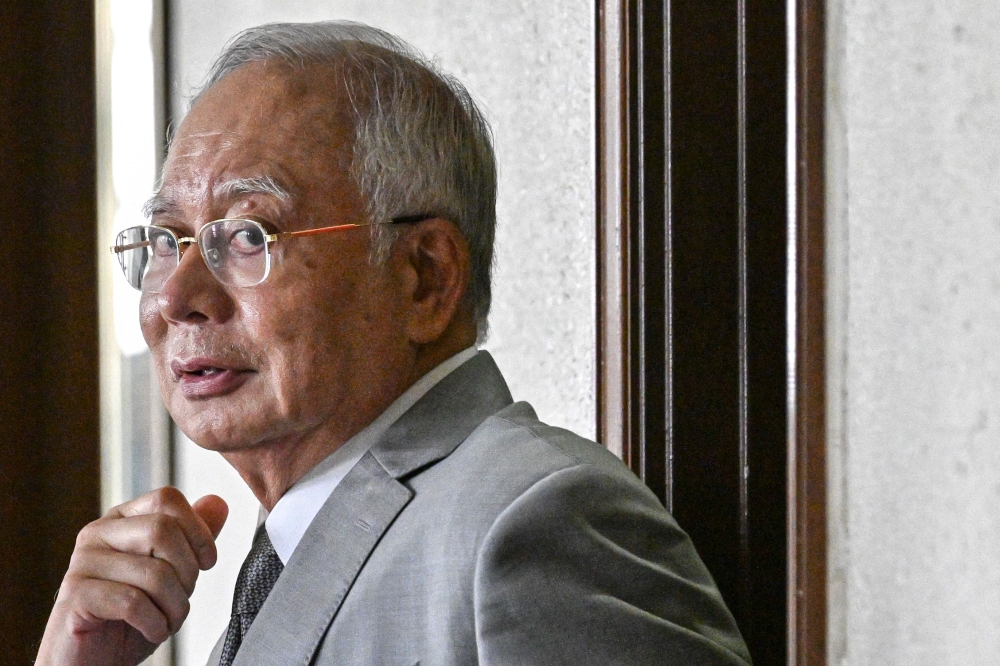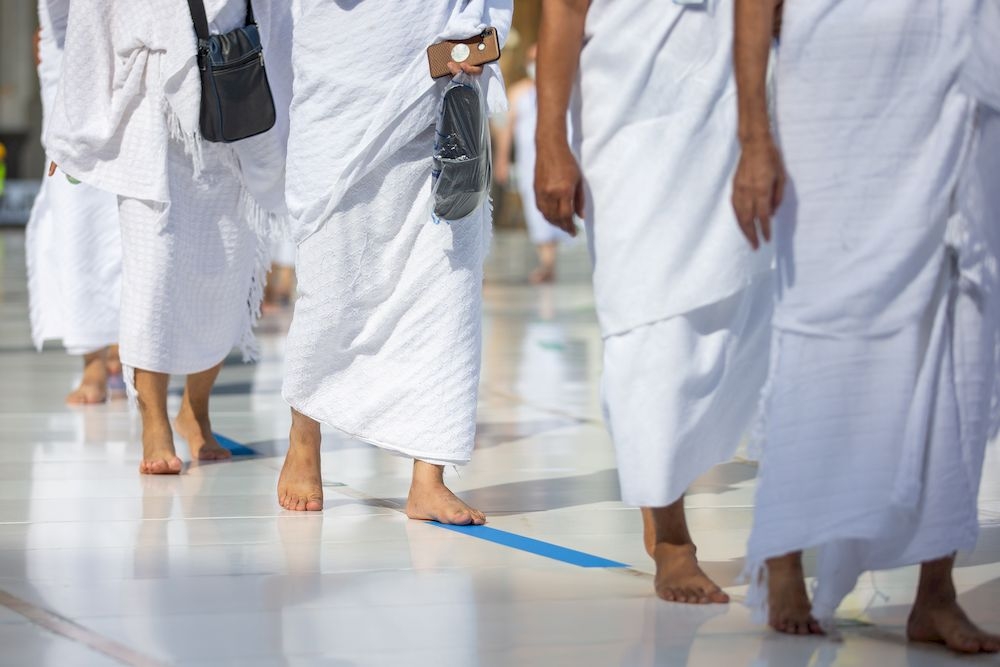SEBERANG PERAI, May 19 — A local space technology company, Angkasa-X Innovation Sdn Bhd, is developing a RM30 million earth station and space technology centre at the Universiti Sains Malaysia (USM) Engineering Campus in Nibong Tebal with a target of launching its first Malaysian-made satellite early next year.
Angkasa-X executive chairman Sean Seah said they are building both the earth station and space technology centre concurrently so that they could produce Malaysian-designed and Malaysian-made satellites to be launched into space from next year onwards.
“The completion date for the ground station is by the end of this year, hopefully by October or November and the space technology centre is expected to complete about the same time,” he said at a press conference after the groundbreaking ceremony of the earth station and space technology centre in Nibong Tebal.
The entire project is fully funded by Angkasa-X and once completed, will be able to assemble its own satellites.
“When the assembly line is ready, it has the capabilities to assemble four nano-satellites concurrently and we will be launching two constellations of satellites first,” Seah said.
He said the first constellation of satellites will be more remote sensing so they are expecting to launch about 24 satellites over the next two to four years.
“From 2024 onwards, we will be launching communication satellites that will be built using some American technology,” he said.
Overall, he said Angkasa-X planned to launch about 500 satellites in total and the earth station in USM will be receiving the signals from the satellites.
With the satellites launched in space, Seah said it will bring about downstream capabilities such as application development for the entire space technology.
“We can use satellite application data to track ship movement, for flood management or for disaster management,” he said.
At the same time, the earth station and space technology centre will also attract other space technology companies to invest in Penang and Malaysia.
“There are three countries in the world that excel in space technology, China, Russia and the United States, so we are talking to many players from these countries to partner with them and to welcome them here to invest here and build their space technology centres here,” he said.
Earlier in his speech, Penang Chief Minister Chow Kon Yeow said the presence of the earth station and space technology centre will usher in a different dimension to Penang's industrial successes.
“I am further encouraged to learn that the state-of-the-art centre will be used for research and development, assembly, integration and testing of low-earth-orbit (LEO) satellites to form and operate the Angkasa-X A-SEANSAT LEO satellite constellations,” he said.
USM Engineering Campus Director Professor Dr Nor Azazi Zakaria said the space industry is expected to reach a value of US$1 trillion by 2049.
“It is expected that 75,000 LEO communication satellites will be launched by 2030,” he said.
He said communication satellites can be commonly found in a higher geostationary orbit (30,000km).
“However, advanced technology has now made it possible for satellites to be placed in lower orbits, namely LEO orbits (500 - 600km),” he said.
He said space satellites will be an important investment for Malaysia where it can become a base for the Asean region especially when about 50 per cent of the Southeast Asian population has no access to the internet.
“The capability to access the Internet, and the use of information and communications technology will have a broad impact in the region, as it will be the key in spurring economic growth and improving lives in the near future,” he said.
USM has set aside a two acre area for the Angkasa-X Earth Station and the Space Technology Centre for the purpose of R&D, and assembly, integrating and testing (AIT) to build and to operate the Angkasa-X A-SEANSAT.
“This centre also provides basic facilities for students and professionals to gain further 'hands-on' experience in satellite research and development,” he said.
He said the cooperation between Angkasa-X and USM will allow for the development of a first-of-its- kind’ professional engineering courses in Asia that will be offered to USM postgraduate students.

